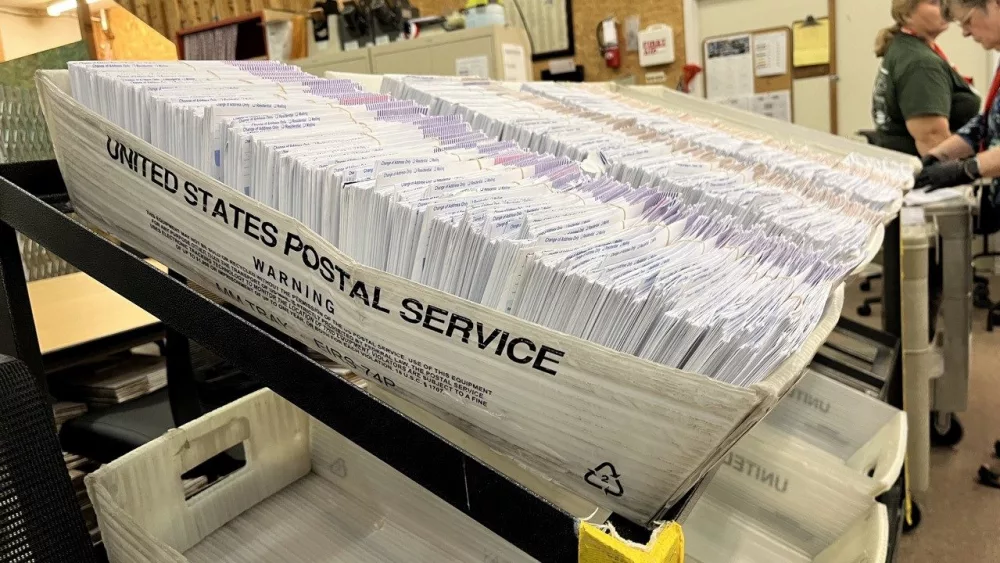This story was first published by Idaho Reports on April 04, 2025.
BOISE, ID – A fix to health care availability for children without parental consent, including the ability to undergo a sexual assault exam, may be off the table in 2025.
The Senate voted 26-9 on Monday to move SB 1199aa forward to the House of Representatives. After being read on the House floor, the bill was routed to the House Judiciary, Rules and Administration Committee.
Chairman of the committee Rep. Bruce Skaug, R-Nampa, told Idaho Reports on Thursday that his committee was “closed until next year.” Without a public hearing in the House, the bill cannot move forward.
The bill could have been run through another committee, such as the Ways and Means Committee, but that would be the decision of Speaker Mike Moyle, R-Star.
Moyle told Idaho Reports on Thursday afternoon after that he was unsure how he’d move forward, as he was already hearing about amendments that some people wanted to make to the bill. Moyle said Skaug would need to return the bill for it to go to Ways and Means.
Senate President Pro Tempore Kelly Anthon, R-Rupert, sponsored the 2024 law and brought the bill late in the session after talking to stakeholders. It would clarify that a child may receive medical care if there is concern for “loss of life or aggravation of physiological or psychological illness.”
The bill would also allow care if a minor “is seeking health care or medical treatment … that is directly related to an allegation of a crime against the minor child or to collect evidence related to such crime when the collection of such evidence is time sensitive.”
The change comes after the original law left some health care providers with concerns that juveniles couldn’t receive rape kit examinations without parental permission.
Anthon has repeatedly said this was not the intent of the 2024 bill, and it needs to be amended this year.
The new bill also would allow first aid-related care in cases of minor injuries and illnesses, after some public school districts raised concerns in 2024.
Additionally, the new bill states that if a juvenile is pregnant or has a child, health care providers may provide treatment without parental consent. Heath care providers could also diagnose pregnancy and provide prenatal or peripartum care without seeking parental consent, as long as the care complied with Idaho’s laws banning abortion.
Other changes in the bill would allow juveniles to access services of the Idaho crisis and suicide hotline, or services to help those who are experiencing mental health crisis and present “imminent risk of serious injury to self or others.”





